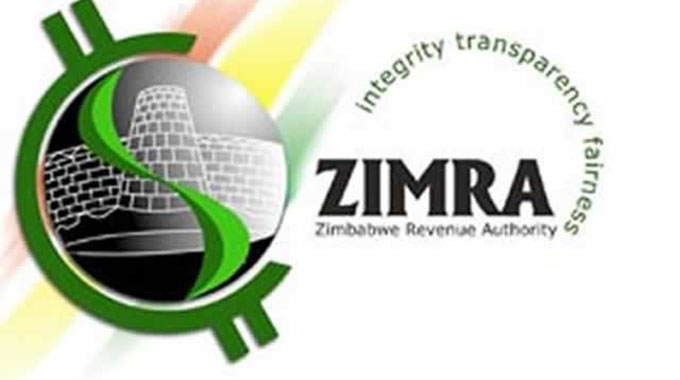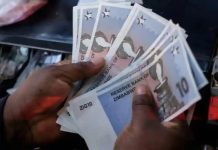THE Zimbabwe Revenue Authority (Zimra) has raised concern over the negative impact and confusion caused by the concurrent use of foreign currency and the Zim-dollar in collecting revenue.
Speaking at a Tax Review Breakfast Meeting in Harare Thursday, Zimra Commissioner General, Faith Mazani cited Statutory Instrument 42 which legalised the movement from multi-currency regime and Statutory Instrument 33 which legalised the Zim-dollar.
“As the exchange rate fluctuates, tax allowances are eroded, and this particularly affects capital allowances bought when the exchange rate was at 1:1,” she said.
The ZIMRA boss said the depreciation of the local currency has made business planning difficult and seen a number of exporting companies being taxed on exchange gains and that makes it difficult to plan.
“So, in a volatile environment like we are going through, it becomes very necessary to always ensure that the monetary and fiscal policies are aligned,” Mazani said.
She said the existence of exporting companies collecting revenue in foreign currency against a blend of companies taxed in local currency made matters difficult for the tax collector.
“However, taxpayers need to know that the law still requires those conducting business in foreign currency to report in their tax affairs in foreign currency, even if they are doing it illegally,” she said.
Finance Minister Mthuli Ncube’s Zim dollar policy has generated market contradictions as government still demands payment of tax obligations in hard currency.
Recently, passport processing fees have been added to the growing list of services paid for in hard currency.
There has also been an outcry after Zuva Petroleum company announced eight of its service stations would now be selling fuel in United States dollars.
Against this background, several retail outlets are pegging their products and services at prices indexed against US dollar parallel market and interbank market exchange rates.
These developments have prompted market watchers to suggest that the Zimbabwean government is convinced the Zim-dollar has failed due to depreciation hence the demand for a US dollar return.






